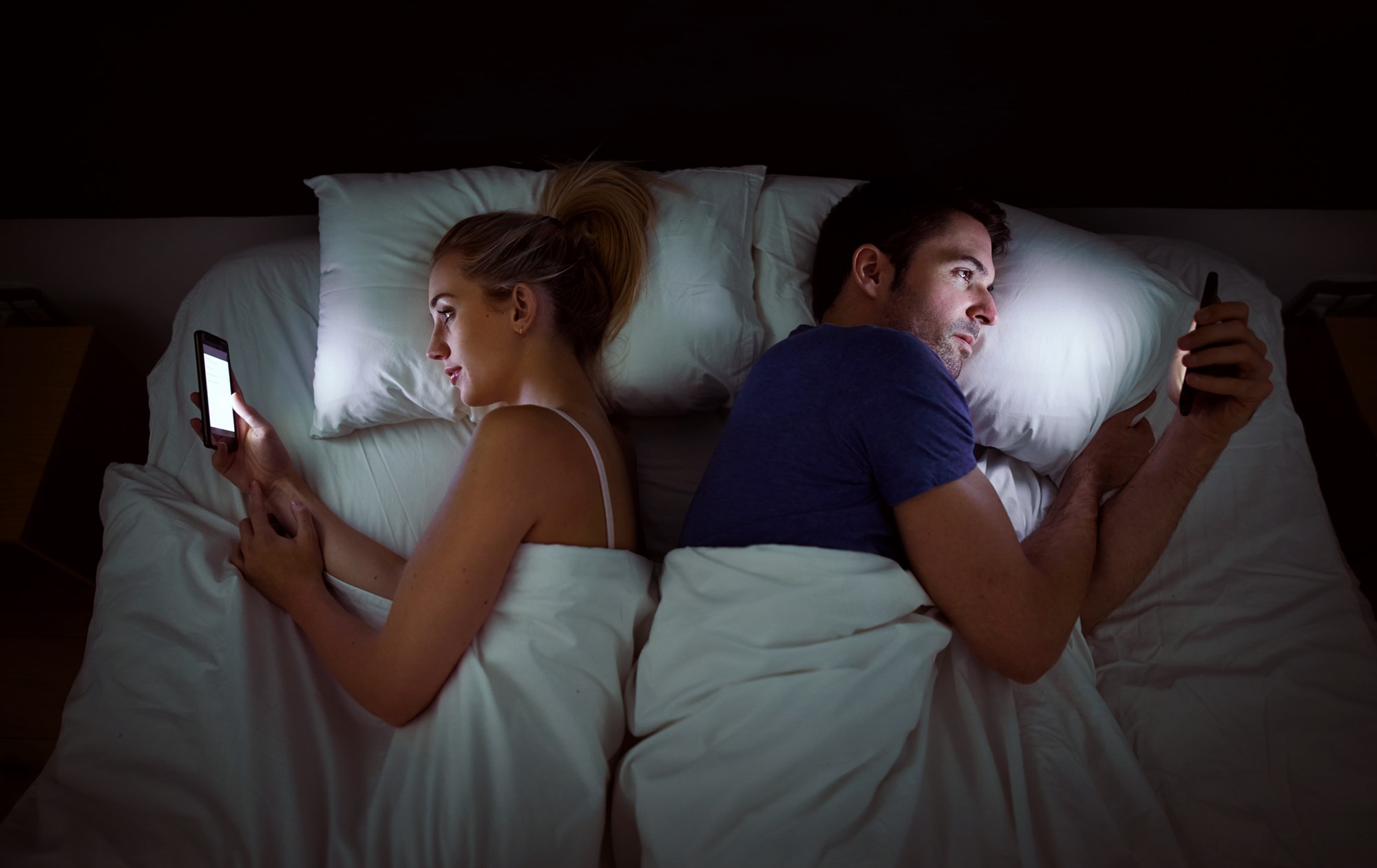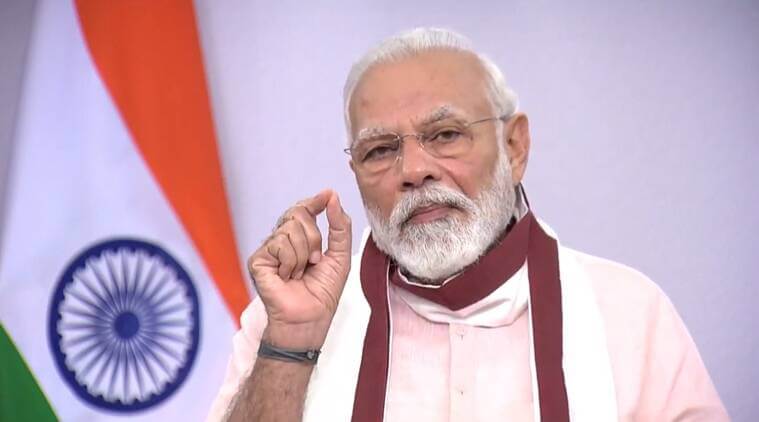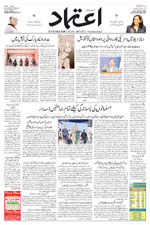How smartphones are changing our brains — and lives
Wed 19 Dec 2018, 13:12:29

Until a year and a half ago, Samuel Veissiere's smartphone was the last thing he saw before he fell asleep and the first thing that greeted him when he woke up. During the day, the device bombarded him with constant notifications — from four different email accounts as well as Instagram, Facebook, WhatsApp, Reddit and Twitter.
"It was abominable," said Veissiere, co-director of the Culture, Mind and Brain Program at McGill University in Montreal.
It's also a daily storyline familiar to many of us. In the U.S., at least three of every four people now own a smartphone. And one estimate suggests that Americans touch their mobile devices more than 2,600 times a day on average. But what do all those pings and buzzes, scrolls and swipes actually add up to? Is it worrisome — or not so much? After all, Socrates once warned that writing would "introduce forgetfulness" and make people "difficult to get along with."
"I think we know enough now to be deeply concerned about how these very, very powerful and seductive devices are influencing pretty much every aspect of our life," said Nicholas Carr, a technology and culture author.
Veissiere and Carr are among researchers and public figures calling attention not just to the more widely discussed impacts of our phones — such as dinner disruptions and distracted drivers — but also to their subtler effects, which some fear could result in profound changes to our brains and to society.
Initial data from a $300-million study by the National Institutes of Health, for example, now provides evidence that a child's brain may indeed develop differently with heavy use of digital devices. Those of us whose brains matured before the first iPhone came to market in 2007 may also be vulnerable to mental changes. The more tethered we are to our phones, studies show, the harder it is to think deeply, attentively and conceptually — not to mention remember basic information. (Some of us may recall an era when our brains — not our devices — managed to remember our friends' phone numbers and birthdays.)
LAWS OF ATTRACTION AND DISTRACTION
Our smartphones seem to wield their influence even when we're not using them. The mere presence of a smartphone seemed to reduce the quality of conversations in one study. Another study found a link between having a smartphone within sight, even if turned off, with lower scores on tests of short-term memory and problem-solving.
"The effect is biggest for people who rely on their phones the most," said Adrian Ward, an expert in technology and cognition at the University of Texas at Austin, and the author of that last study. "The more you give it control over different things — social connections, news, work, etc. — the more you are going to be attracted to this device."
Simply trying to resist that automatic attraction, he explained, takes up cognitive resources.
Even basic human decency may be sacrificed. Research suggests that smartphones can inhibit people from offering help to strangers on the street, reduce how much we smile at unfamiliar faces in a waiting room and even lessen our trust of strangers, neighbours and people of other religions or nationalities.
"People don't talk about or realize that we actually get quite a lot from casual social interactions," said Kostadin Kushlev, a social psychologist at the University of Georgetown University and an author of several smartphone studies. "Even when phones are at their most useful — such as when we're bored to death in the waiting room — there might be other things we're missing out on."
Perhaps not surprisingly, researchers have also begun to link weakened social skills, including the inability to read emotions or initiate casual conversations, to smartphone use.
"It takes time and practice to develop those skills," said Jean Twenge, a psychology professor at San Diego State University. She studies generational differences and is currently focused on the post-millennial generation, or people born in
1995 or later. The iGen, as she calls them, is the first generation to spend its entire adolescence with smartphones.
1995 or later. The iGen, as she calls them, is the first generation to spend its entire adolescence with smartphones.
THE RISE OF THE SMARTPHONE
Twenge noticed a troubling correlation between when smartphones became popular and when rates of mental health problems among teens and young adults began skyrocketing.
"It's also when the decline of in-person social interaction began to accelerate," Twenge said, adding that she can't be certain smartphones are the cause. "Whether it's someone you've never met or it's friends and family, spending time with people face to face is linked with happiness."
The less skilled we are at social interaction, of course, the less likely we probably are to seek it out. It's a self-perpetuating cycle that could have further unanticipated consequences, including less exposure to alternative points of view.
A lack of trust or understanding of other people and their perspectives may be among various ways smartphones could divide a society. Since the dawn of the internet, scholars have worried that users would seek only information that reinforces their existing point of view. Now, thanks to Facebook, Twitter and other smartphone apps whose makers push us information that they think will appeal to us, we no longer need to search for that confirming information; it simply pours out of our phones, Carr said.
"It clearly adds to the polarization of society and people getting more and more extreme in their views," he said. "I don't think we can blame the technology for all of this, but it's definitely amplifying the effect of negative trends that are shaping society at quite a deep level."
Our personal contributions to the streaming information may be altered by our smartphones as well. "We are likely to be less deliberate in our tweets and online posts when composing them on our phones compared to our laptops," said S. Shyam Sundar, co-director of the Media Effects Research Laboratory at Penn State University and author of the study on helping strangers. "We will be more glib, more raw and less sugar-coated in our commentary, leading to more trolling and polarization in online spaces."
FINDING A BALANCE
None of this is to say that smartphones don't have great practical and entertainment value. It's harder now to get lost, but easier to find a date and keep up with friends, kids and the news. And in some ways, a greater diversity of people is at our fingertips. Apps such as Tinder allow people to easily connect with others outside their typical social networks. Occasional smiles from watching cute cat videos aren't necessarily bad for us either.
"The crux of the problem is figuring out how to get all these amazing benefits of this globally interconnected world without abandoning the things that make us most human," said Adam Gazzaley, a neuroscientist at the University of California, San Francisco.
For him, that means taking back control over how we use the technology. He is co-developing technology — for smartphones — that aims to improve how our brains function. His video game is in the final stages of FDA approval and would be the first non-drug treatment for ADHD.
Meanwhile, Veissiere's lab is now testing simple interventions for smartphone users, such as turning off instant notifications, not sleeping with the phone next to you and switching the screen to grayscale to make it less attractive.
In early 2017, Veissiere became concerned enough about the consequences of his own smartphone use to make a bold move: He swapped out his latest greatest iPhone for an old flip phone with no internet connectivity. He now relies on his computer for news, social media and the like. "I have been more productive at work. My social interactions are great. My mood is great," said Veissiere, adding that he appreciates how the keyboard on his flip phone exercises his brain. "Perhaps it's a placebo effect. But it has worked really well for me."
"It's possible to slow down," he added. "We're not necessarily doomed and trapped."
No Comments For This Post, Be first to write a Comment.
Most viewed from Health
AIMIM News
Latest Urdu News
Most Viewed
May 26, 2020
Can Lionel Messi's visit boost Indian football?
Latest Videos View All
Like Us
Home
About Us
Advertise With Us
All Polls
Epaper Archives
Privacy Policy
Contact Us
Download Etemaad App
© 2026 Etemaad Daily News, All Rights Reserved.

























.jpg)
.jpg)
.jpg)


